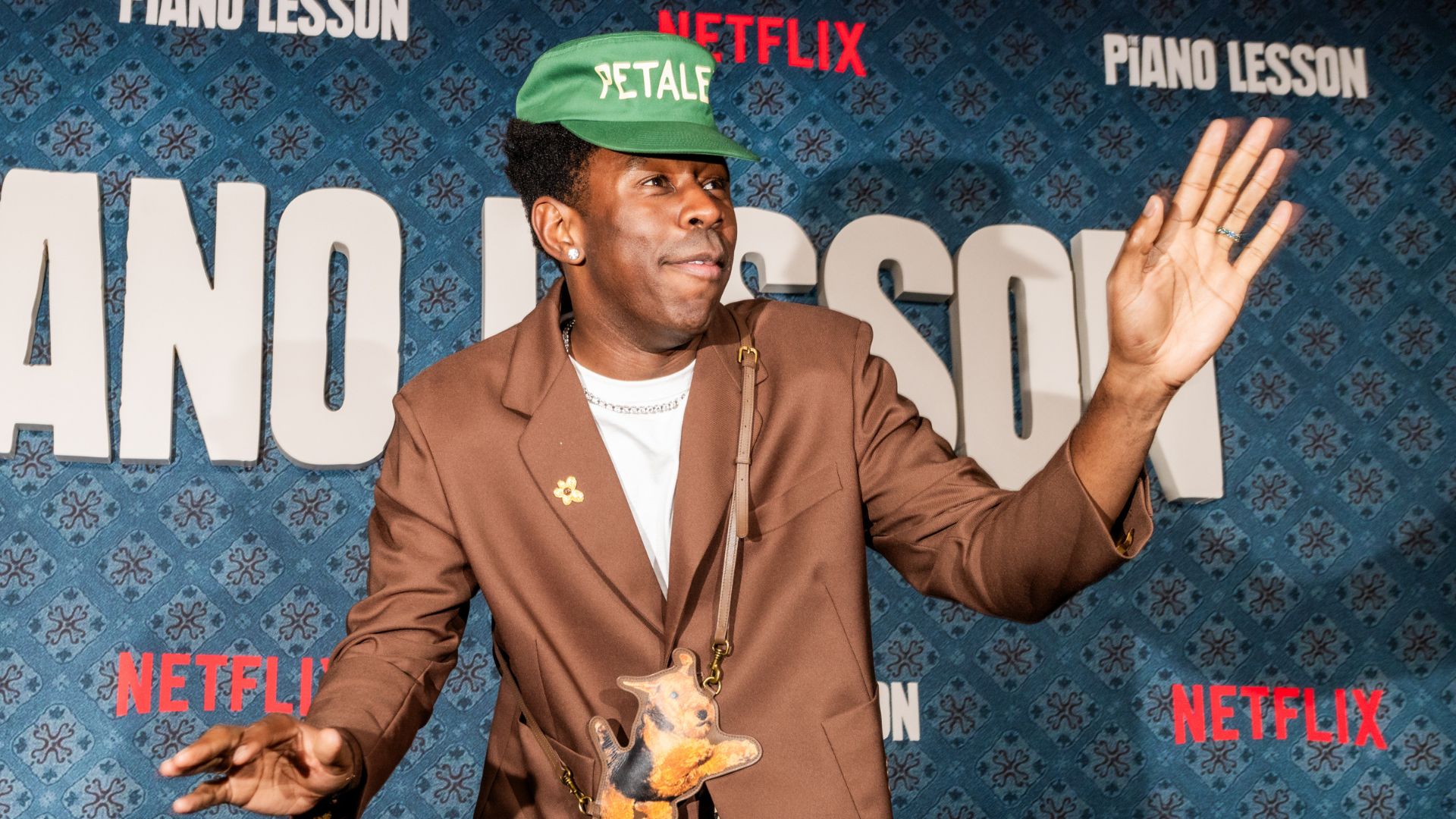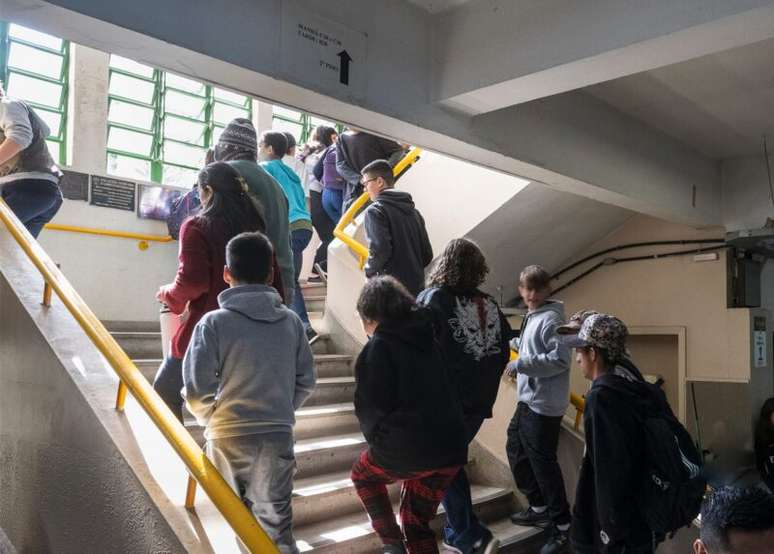According to an investigation by the NGO Earthsight, the agricultural companies of Western Bahia, which supply cotton to the producers of garments sold by Zara and H&M, have a history of deforestation and land grabbing, until they arrived in the shop windows of giants like Zara and H&M. shorts, t-shirts and cotton leave behind a trail of deforestation, land grabs and human rights violations in Brazil. To the consumer, the pieces seem beyond suspicion: most carry a seal of sustainable production.
The complaint is part of the Fashion Crimes report by the organization Earthsight, published this Thursday (04/11). Over the course of a year, a detailed investigation focused on activities linking crops in Brazil, the world’s fourth-largest producer of the commodity, to European brands.
The NGO analyzed the journey of 816,000 tonnes of cotton with the help of satellite images, registers of goods shipments, public archives and visits to producing regions.
According to the report, this raw material was mainly destined for eight Asian companies, which produced around 250 million items for shops between 2014 and 2023. Many of them, the investigation found, supplied brands such as H&M and Zara, among others.
“It’s shocking to see these links between global brands that are very recognized, but who apparently don’t try hard enough to have control over these supply chains, to know where the cotton comes from and what kind of impact it causes,” Rubens Carvalho, head of deforestation research at Earthsight, tells DW.
Crimes in the Cerrado
The problem, says the British NGO, lies in the origin of the raw material. The exported cotton comes mainly from Western Bahia, a region immersed in the Brazilian Cerrado which is often illegally deforested to expand cultivation. On the increase, the cutting of this vegetation has doubled in the last five years, according to monitoring by the National Institute for Space Research (Inpe).
Among the cases analyzed in the report is the SLC Agrícola group. Founded in 1977 in Rio Grande do Sul, the group claims to be responsible for 11% of Brazilian cotton exports (2019/2020 harvest).
The Earthsight study also states that, over the past 12 years, approximately 40,000 Cerrado soccer fields have been destroyed on SLC farms. In 2020, the company, which also grows soybeans, was identified as the biome’s largest deforester, Chain Reaction Research researchers calculate.
In 2021, SLC has committed to adopting a zero deforestation policy with suppliers. A year after the promise, an Aidenvironment report identified the cutting of 1,365 hectares of Cerrado within cotton-growing properties, the equivalent of 1,300 football pitches. Almost half fell within the legal reserve.
A search carried out by Earthsight in the database of the Brazilian Institute for the Environment and Renewable Natural Resources (Ibama) shows more than R$ 1.2 million in fines applied for environmental infringements since 2008 on the group’s farms in western Bahia.
One of the shareholders of SLC is the British Odey Asset Management. In 2020, in an interview with the British newspaper Financial Times, the company’s founder said that paying environmental fines in Brazil is as commonplace as “paying traffic fines”.
When questioned, the group said in a statement to DW that “all conversions of areas with native vegetation into SLC followed the limits established by law.” Specific to the area deforested in 2022 highlighted in the Aidenvironment report, the company says the destruction occurred due to “a natural fire, not caused by the opening of new production areas”.
Regarding the fines imposed by Ibama, SLC Agrícola claims to have filed an administrative appeal against all fines. “The sanctions under appeal are ongoing and there has not, to date, been a final judgment,” the note reads.
“Green land grabbing”
Another group analyzed in detail is that of the Horita, originally from Paraná and active in Bahia since the 1980s. Among the various complaints put forward by Earthsight is the so-called green land grabbing: imposition of legal reserves, or areas for the preservation of private property , in areas where traditional communities live. The maneuver prevents families from carrying out subsistence activities and, in the worst cases, from remaining on the land.
The land conflict between the Geraizeiras families, as these traditional communities in the region identify themselves, and the farmers dates back to the 1970s. In the following decade, the Delfin Rio company purchased land and registered the business as Agronegócio Condomínio Cachoeira do Estrondo. According to the State Association of Rural Workers’ Lawyers (AATR), the Horita group is one of the partners of the agricultural complex.
In 2017, the Geraizeira families from the rural area of Formosa do Rio Preto, in western Bahia, filed a lawsuit against Estrondo for land expropriation and obtained, through an injunction, collective possession of 43,000 hectares that the company claimed to have purchased. Most are located in the heart of Matopiba, an area of agri-food expansion that integrates the states of Maranhão, Tocantins, Piauí and Bahia, inhabited for more than 200 years by the geraizeiros.
In 2019, the federal police’s Faroeste operation revealed collusion by the Bahian high magistrate to favor farmers in the same region. According to the Federal Public Prosecutor’s Office (MPF), a judgment-purchase scheme would have generated billions of dollars in land disputes and would have involved magistrates, entrepreneurs, lawyers and civil servants. Walter Horita, one of the group’s founders, is one of the defendants in the case, who is still on trial.
One of the magistrates accused of selling convictions to the hoarders, according to Operation Faroeste, intervened in the trial which judged the collective ownership of the hoarders. According to AATR, the injunction in favor of the communities was enforced only after the dismissal and arrest of the judge.
Contacted by DW, Grupo Horita said on Wednesday that it “will await the publication of the report for any new statements, beyond those already released by its legal department, in response to the NGO’s allegations.”
“All negative accusations against Grupo Horita contained in the Earthsight Letter, dated 08/23/2023, as alleged ‘findings’, do not correspond to the truth,” reads an excerpt of the response sent to the NGO.
Heading towards European brands
During the investigation, Earthsight followed the path of 816 thousand tons of cotton exports that left SLC Agrícola and Grupo Horita between 2014 and 2023 to the main destinations: China, Vietnam, Indonesia, Turkey, Bangladesh and Pakistan. Based on data that allows tracking – which is not the case in the Chinese case –, the clues led to eight clothing manufacturers in Asia.
All identified intermediaries (PT Kahatex, in Indonesia; Noam Group and Jamuna Group, in Bangladesh; Nisha, Interloop, YBG, Sapphire, Mtmt, in Pakistan) supply finished products to brands such as Zara and H&M, according to the NGO.
“The cotton we associate with land rights and environmental abuses in Bahia is Certified Better Cotton. This initiative has failed to prevent this cotton from reaching concerned consumers,” the Earthsight report states.
Created in 2009 by industry and other organizations, including the WWF, the initiative created a seal to certify the origin of raw materials in order to guarantee quality and respect for the environment. In Brazil, according to data from Better Cotton, there are 370 farms certified in collaboration with the Brazilian Association of Cotton Producers (Abrapa).
In 2018, an analysis of certifiers by the Changing Markets Foundation, a Netherlands-based organization aiming to align markets with sustainability standards, highlighted Better Cotton’s problems. “In general, standards for certified cotton are low and apply only at the beginning of the cotton supply chain. Viewing certification as a guarantee of sustainability is misleading,” the survey states.
Geneva-based Better Cotton told DW that it had just completed an enhanced third-party audit of the farms involved and needed time to analyze the results and implement changes if necessary. “The questions raised [pelo relatório] demonstrate the urgent need for government support to address the issues brought to light and ensure fair and effective implementation of the rule of law,” the initiative’s email reads.
Greater control of the chains
H&M told DW that “the report’s conclusions are very worrying” and that they take the matter very seriously. “We are in close dialogue with Better Cotton to monitor the outcome of the investigation and the next steps it will take to strengthen and review its standards,” the retailer responded, also via email.
Zara told DW that it takes the allegations against Better Cotton “extremely seriously” and asks the certifier to share the results of its investigation as soon as possible.
“Furthermore, we urgently call for measures taken by Better Cotton to ensure sustainable cotton is certified to the highest standards,” the retailer said in a statement.
On Wednesday, Inditex, owner of Zara, called for more transparency from Better Cotton after announcing the report would be published on Thursday. Inditex sent the initiative a letter dated 8 April, asking for clarification on the certification process and the progress of the traceability practices of the production chain. Inditex does not purchase cotton directly from suppliers, but the manufacturing companies are checked by certification bodies such as Better Cotton.
For Earthsight’s Rubens Carvalho, holding Europeans accountable is part of the solution to ending deforestation and rights violations in raw material producing centers, such as Brazil.
“Cotton is still poorly regulated in European markets. We need to regulate its consumption and separate it from negative impacts on the environment and humans. We need serious regulation that punishes non-compliance. This increases the pressure on producers,” he says Oak.
Source: Terra
Rose James is a Gossipify movie and series reviewer known for her in-depth analysis and unique perspective on the latest releases. With a background in film studies, she provides engaging and informative reviews, and keeps readers up to date with industry trends and emerging talents.







